Community College leadership rejects his request for information about spending hundreds of thousands of dollars on 3D printers forcing Toby Payne to resort to Arizona’s Freedom of Information Act in order to get the requested information
Over the past decade or more, a recurring saga has unfolded within the Yavapai Community College Governing Board where four out of five Sedona/Verde Valley District three Governing Board representatives found themselves locked in a battle of wills with the Community College leadership over obtaining information needed to carry out their responsibilities.
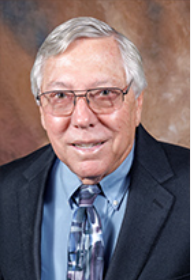
District 3 Governing Board Representative Toby Payne
The saga reached a crescendo when former representative Mr. Paul Chevalier had to wield Arizona’s Freedom of Information Act like a sword to pry open the vault of information concerning a staggering $10 million once earmarked for a teaching brewery in the Third District. (The brewery project was later withdrawn by the College from consideration.)
Fast forward to today, and Mr. Tobey Payne, who took over for Mr. Chevalier, finds himself traversing the same treacherous terrain, compelled to employ the same legal tool to unravel the mystery behind the potential expenditure of anywhere from half a million to a cool million on 3D concrete home printers.
Here’s how Mr. Payne articulated in a letter his exasperation at the abysmal treatment he received from the Community College when he dared to seek clarity about the 3D printer project:
Dear Editor,
As the District 3 Yavapai College Governing Board member at Yavapai College, I am deeply concerned about the lack of transparency and accountability regarding the expenditure of taxpayer funds, particularly in the context of potential investments in educational technology.
Recently, I found myself facing numerous roadblocks when attempting to obtain crucial information about the efficacy of the Community College’s spending on 3D concrete printers. Despite my fiduciary duty to the taxpayers of Yavapai County, my inquiries were met with resistance and dismissal from both President Dr. Lisa Rhine and Board Chair Deb McCasland.
My initial request to ascertain how many students had participated in training courses associated with the current half-million-dollar printers over the past three years was rejected outright. Subsequent attempts to understand the rationale behind an additional proposed $600,000 investment in another printer were similarly rebuffed.
Rather than engaging in constructive dialogue about the college’s strategic direction and the prudent use of resources, I received dismissive responses questioning the relevance of such information in my role as a board member. This lack of transparency and accountability is unacceptable, particularly when significant taxpayer funds are at stake. I had to resort to Freedom of Information Act requests in order to get the information I was requesting.
I firmly believe that as elected representatives entrusted with overseeing the college, board members have a responsibility to ensure that decisions are made in the best interests of students and taxpayers alike. This includes conducting thorough evaluations of proposed expenditures and assessing their impact on educational outcomes.
It turns out that Yavapai College has spent over $500,000 in 3 years for equipment for under 35 students to take the 3/D Home Building Course and now wishes to spend $600,000 more. CTEC is an exemplary program which I fully support. I question spending over a million dollars which serves so few students.
Despite facing resistance at every turn, I remain committed to fulfilling my fiduciary duty and advocating for transparency and accountability at Yavapai College. Taxpayers deserve nothing less than full transparency and informed decision-making from their educational institutions.
Sincerely, Toby Payne
District 3 Yavapai College Board Member
 Recall the decision made over three years ago, January 27, 2020, when the District Governing Board approved the Community College executives investing around a half a million dollars in two 3D concrete home printers. At the time, the printers were touted by Community College executives as capable of constructing the foundation, interior, and exterior walls of a medium-sized home within three to five days. For example, in its press release of January 27, 2020, the Community College said in part:
Recall the decision made over three years ago, January 27, 2020, when the District Governing Board approved the Community College executives investing around a half a million dollars in two 3D concrete home printers. At the time, the printers were touted by Community College executives as capable of constructing the foundation, interior, and exterior walls of a medium-sized home within three to five days. For example, in its press release of January 27, 2020, the Community College said in part: Yavapai Community College will hold Commencement ceremonies May 4, 2024 at 10:00 a.m. on the Verde Valley campus in Clarkdale. The ceremony will be live-streamed on the Community College’s YouTube channel. Use the hashtag #YCGradJoy to view the event.
Yavapai Community College will hold Commencement ceremonies May 4, 2024 at 10:00 a.m. on the Verde Valley campus in Clarkdale. The ceremony will be live-streamed on the Community College’s YouTube channel. Use the hashtag #YCGradJoy to view the event.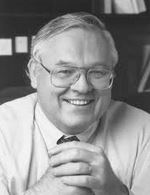

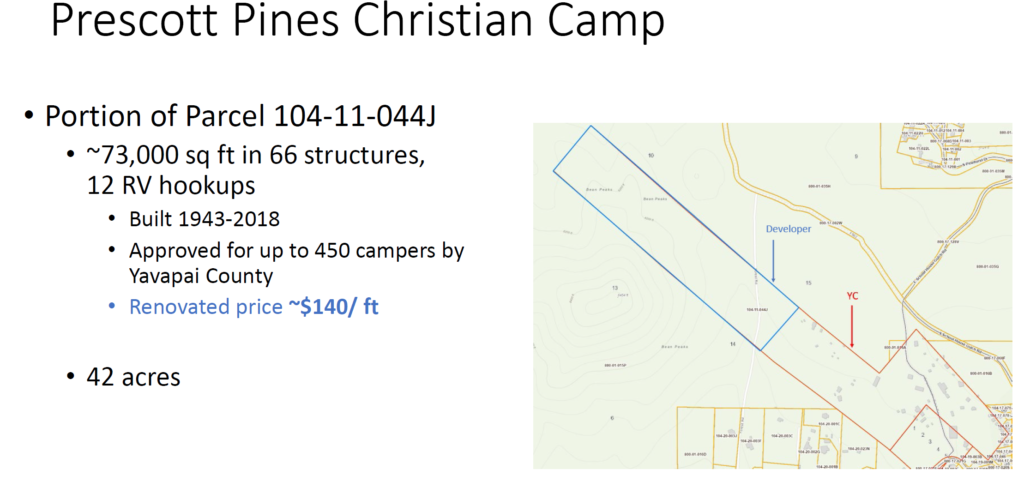
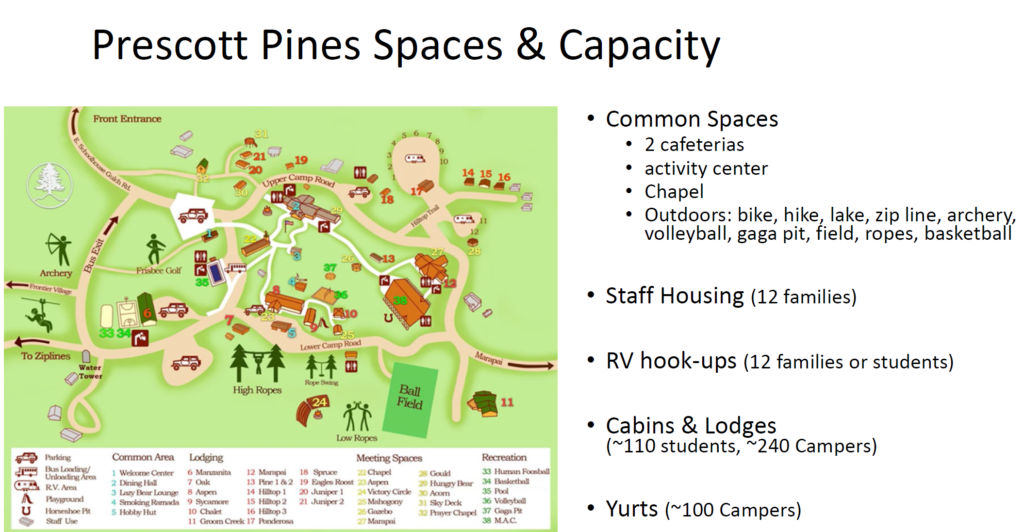
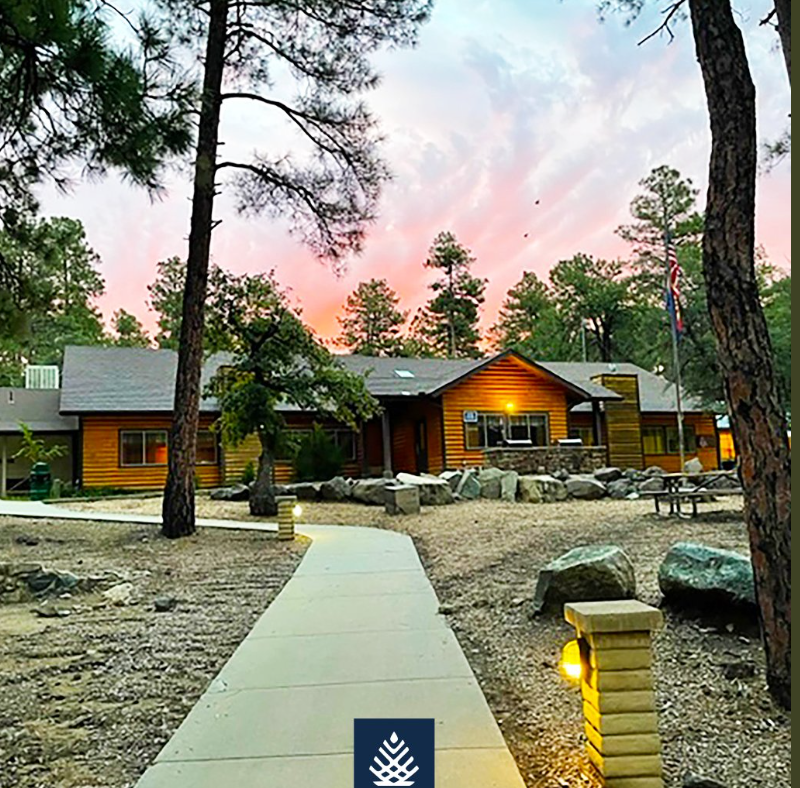
 In addressing the budget for the upcoming fiscal 2024-25 academic year, Vice president Dr. Clint Ewell estimated the replacement cost of the current system to be approximately $1.5 million, with an additional annual expenditure of $400,000 to maintain operations to most likely begin in 2025-2026.
In addressing the budget for the upcoming fiscal 2024-25 academic year, Vice president Dr. Clint Ewell estimated the replacement cost of the current system to be approximately $1.5 million, with an additional annual expenditure of $400,000 to maintain operations to most likely begin in 2025-2026.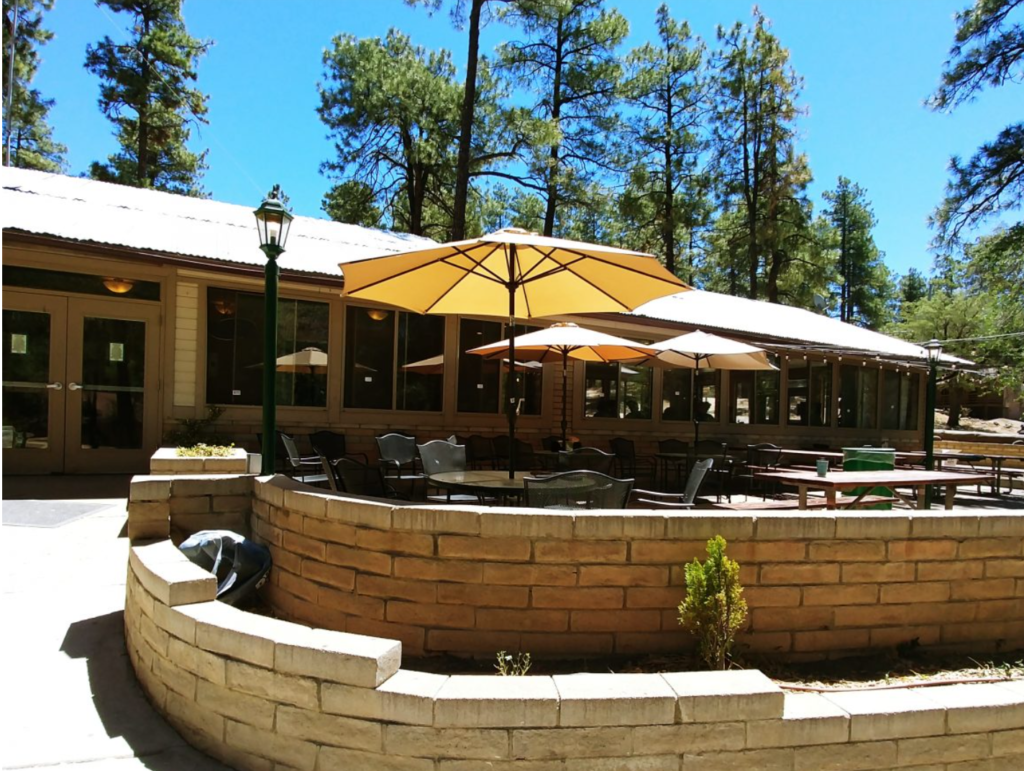


 Yavapai Community College announced in an April 15 press release that the top students in the Verde Valley’s and Prescott airport based Career and Technical Education Center’s workforce development programs were honored at an “Evening of Recognition” dinner and ceremony held April 12. The night’s highest honors, the Provost Award for Excellence and the President’s Award for Excellence went to George Smith and Joshua Nomland, respectively.
Yavapai Community College announced in an April 15 press release that the top students in the Verde Valley’s and Prescott airport based Career and Technical Education Center’s workforce development programs were honored at an “Evening of Recognition” dinner and ceremony held April 12. The night’s highest honors, the Provost Award for Excellence and the President’s Award for Excellence went to George Smith and Joshua Nomland, respectively. The Yavapai Community College District Governing Board will hold what is described as a “Study Session” and then a “Business Meeting” at the Yavapai Community College Prescott Campus on Tuesday, April 23, 2024. The meeting is scheduled to begin at 1:00 p.m. and run until 4:00 p.m. It will be held at the Rock House on the Campus. The study session normally precedes the business meeting.
The Yavapai Community College District Governing Board will hold what is described as a “Study Session” and then a “Business Meeting” at the Yavapai Community College Prescott Campus on Tuesday, April 23, 2024. The meeting is scheduled to begin at 1:00 p.m. and run until 4:00 p.m. It will be held at the Rock House on the Campus. The study session normally precedes the business meeting.